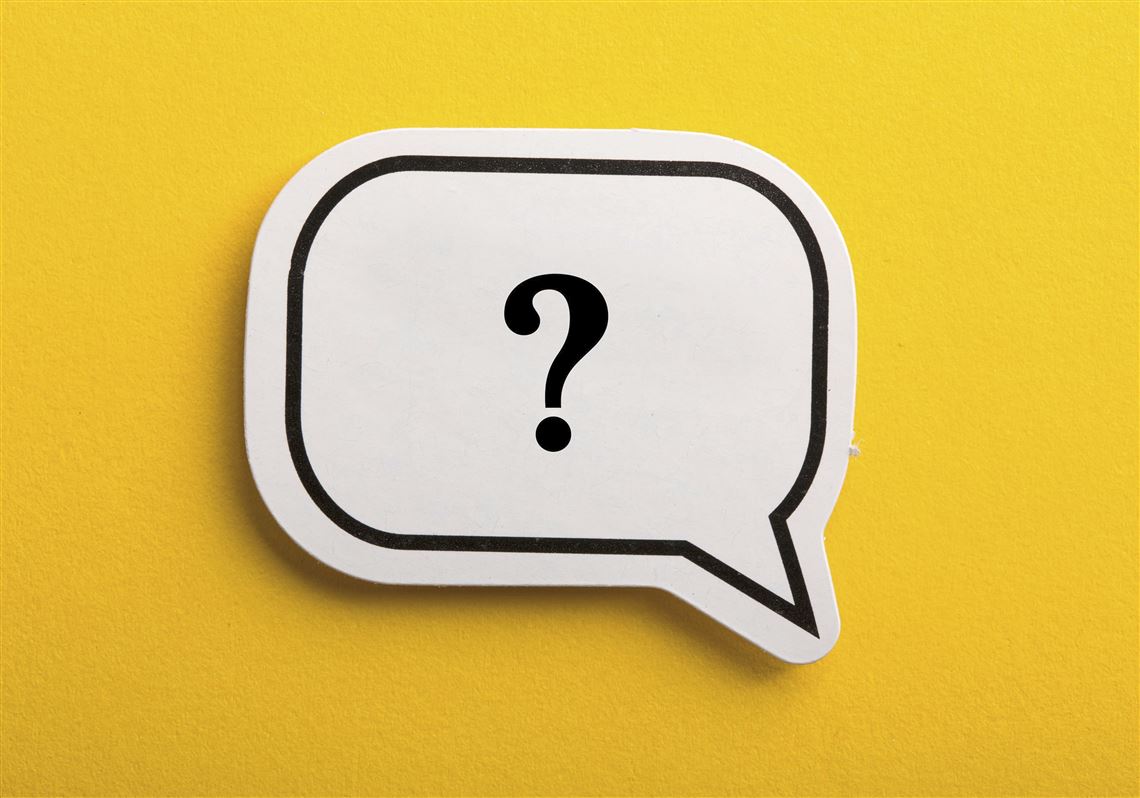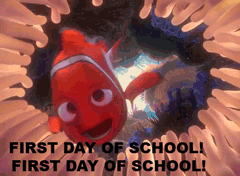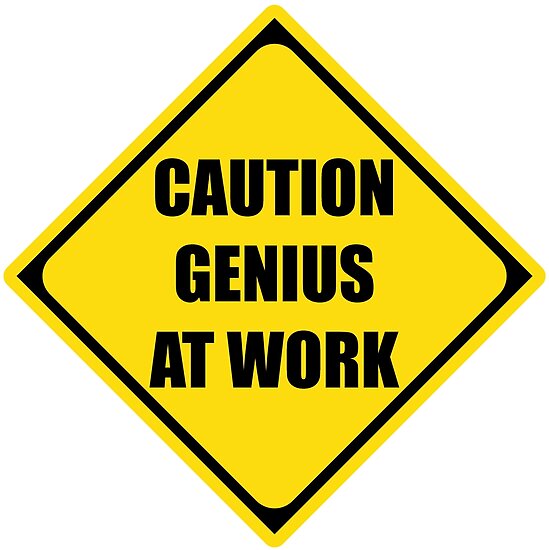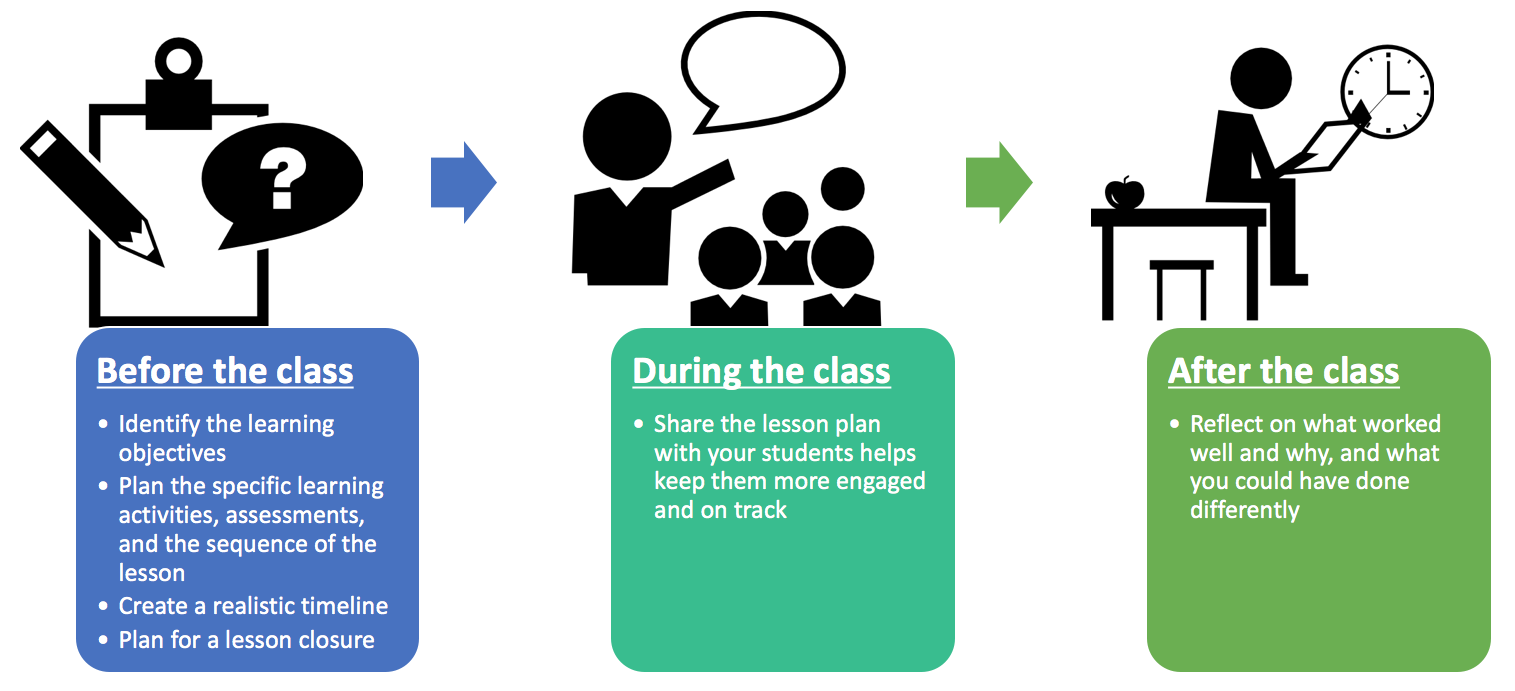“Pick a group and get to work” are definitely the best words I can tell my class. When it comes down to planning my classroom I need to keep in mind that I’m teaching to that” large group” everyday and how to design that lesson to fit the group.
My classroom is a team of students taking on the challenge of learning something new and I am the team leader planning the plays to shoot the goal and win the new knowledge.
Through the reading this week I took away some main ideas that I will take into the classroom with me next semester.
Plan a lecture: Do not use a lecture as a way to waste time or get out of planning a lesson. Lectures take a lot of preparation to be successful. What I want to say and how I say it needs to be the same. Keeping students engaged during the lecture is another hot ticket item when planning a lecture.
Field trips can help give the group the real life experience. These trips can be to a local business and last the singular class period or be longer. Allowing students to have the real immersive experience helps them connect to the material. When I am instructing a group of kids I need to plan a trip that works for all of them and still provides and outlet for other learning styles as well.
Demonstrations: When I am demonstrations something for a class I need to plan why I am showing them this demonstration, what safety concerns are there and what I am going to say. Planning a demonstration with no talking does not help the group. I need to be able to talk through the steps as I go.
This weeks reading also connected to my previous classes:
Discussion has been used in several courses of mine but, in Practical Parliamentary Procedure used a ton of class discussion to deep dive into the content. By being able to bounce ideas off other classmates I gained more content knowledge through perspectives than any other class I’ve been in.
Demonstrations were used in my chemistry class pretty frequently. The one thing I remember about the demonstration on chemical reactions was “always do the demonstration before class starts to make sure you have everything.” This quote from my professor has stuck with me. He knew the lab but didn't practice before hand and it didn’t end up working. That is okay as an educator to make mistakes and be honest about it but, if I can avoid it though practice that would be ideal.
Before l can plan a lesson I need to have goals of what I want my students to know. This article comes from Edglossary and talks about forming good objectives for my class.
“When planning objectives how do we write criteria to determine in how we determine the outcome of the objective?”







